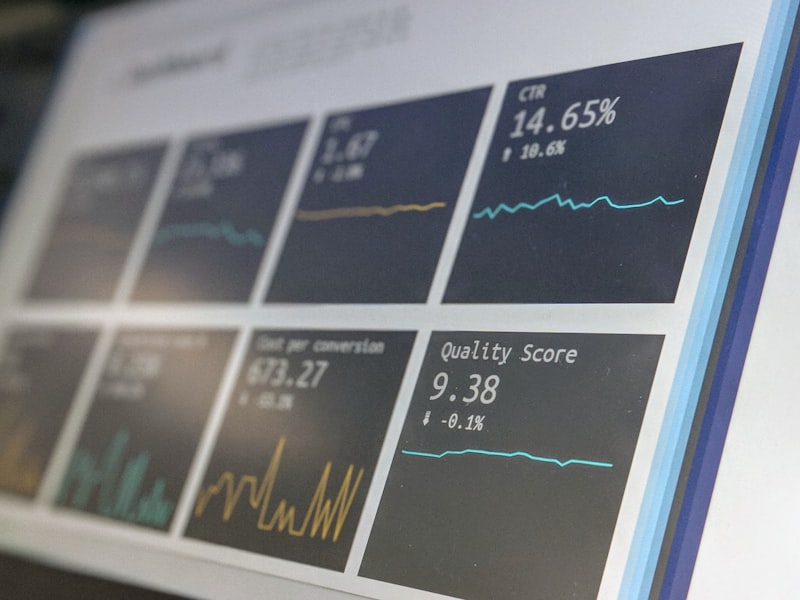Data-Driven Risk Management: The Future is Here
The era of reactive risk management waiting for a crisis to occur before formulating a response is officially over.
Read MoreOctober 15, 2023
In recent years, Nigeria has experienced rapid economic growth, attracting both local and international investments. With this growth comes an increased need for reliable and efficient background screening processes. Background screening, once considered a luxury, has now become an essential tool for businesses, government agencies, and institutions across the country. This article explores the reasons behind the unavoidable rise of background screening in Nigeria and the benefits it brings to various sectors in the country.
One of the primary reasons for the surge in background screening in Nigeria is the need to mitigate risk. As the business landscape expands, so do the risks associated with hiring, partnerships, and investments. Background screening provides a comprehensive view of an individual's or entity's history, helping organizations make informed decisions. This is particularly crucial in industries such as finance, healthcare, and education, where trust and integrity are paramount.
In an era of heightened security concerns, both on a national and organizational level, background screening plays a crucial role in ensuring the safety of employees, clients, and the public. For instance, thorough checks on potential employees can help identify individuals with a history of criminal activities or behaviours that may pose a threat to the workplace environment.
Nigeria, like many other countries, has implemented stringent regulations regarding employment and business practices. Background screening ensures compliance with these regulations, safeguarding organizations from legal repercussions. By conducting thorough checks on potential employees, companies can verify qualifications, employment history, and legal eligibility to work.
In a highly competitive market, a company's reputation can make or break its success. Background screening helps protect a business's reputation by ensuring that individuals associated with the company have clean records and uphold the values and standards of the organization. This is particularly crucial for businesses that deal with sensitive information or provide services that directly impact public trust.
Fraudulent activities, including identity theft and financial scams, are prevalent in today's digital age. Background screening is a vital tool in detecting and preventing such fraudulent behaviour. For financial institutions, it's essential to verify the credentials of individuals involved in transactions to safeguard against potential losses.
Institutions in the education and healthcare sectors have also recognized the importance of background screening. Educational institutions need to verify the credentials of teachers and staff, ensuring that they meet the necessary qualifications and have a clean record. In the healthcare sector, background checks on medical practitioners are crucial to maintaining high standards of care and protecting patient safety.
Government agencies play a critical role in ensuring the safety and well-being of citizens. Background screening of public officials and employees helps build trust in the government's ability to make informed decisions and maintain high ethical standards. This trust is essential for effective governance and the delivery of public services.
In conclusion, the rise of background screening in Nigeria is not merely a trend but a necessity driven by the evolving socio-economic landscape. As businesses, institutions, and government agencies continue to expand and interact in an increasingly interconnected world, the importance of reliable and efficient background screening processes cannot be overstated. By embracing this essential tool, Nigeria is poised to foster a more secure, compliant, and trustworthy environment for its citizens and stakeholders.

Security Consulting
The era of reactive risk management waiting for a crisis to occur before formulating a response is officially over.
Read More
Security Consulting
For businesses in Nigeria and across the globe, understanding and mitigating physical risks has never been more critical.
Read More
Protective Intelligence
Should ordinary citizens take up arms to defend themselves? On the surface, it seems a simple, visceral answer to a complex problem.
Read More